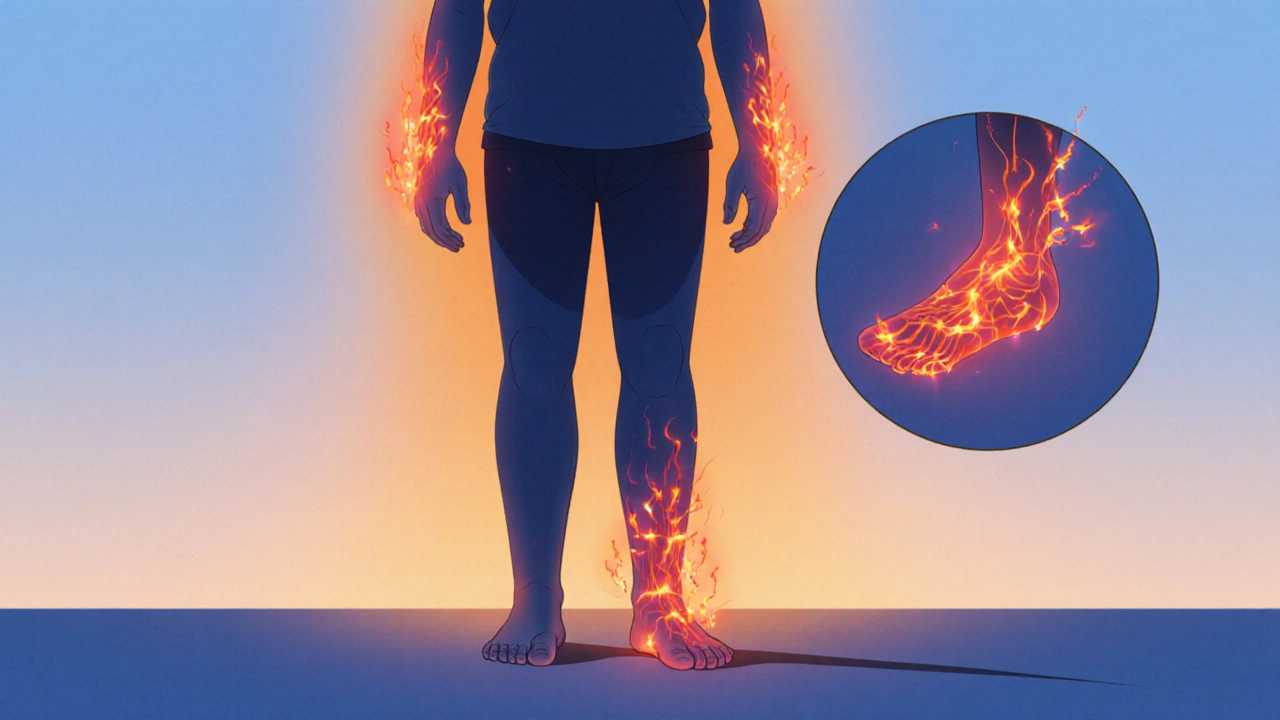Vitamin Deficiency – What You Need to Know
When dealing with vitamin deficiency, a condition where the body lacks adequate amounts of essential vitamins. Also known as micronutrient deficiency, it can trigger a cascade of health issues. The term vitamin deficiency covers many specific gaps, such as Vitamin A deficiency, which impairs night vision and immune function, Vitamin D deficiency, a key driver of bone weakness and mood swings, and Vitamin B12 deficiency, often causing fatigue and nerve problems. Each of these sub‑deficiencies falls under the broader umbrella of vitamin deficiency, creating a network of related health concerns.
How Deficiencies Happen and Who Is at Risk
Vitamin deficiency encompasses an imbalance between intake, absorption, and bodily needs. Poor diet, limited sunlight, gastrointestinal disorders, and certain medications can all tip the scale. For example, people who avoid dairy and fatty fish are more likely to develop Vitamin D deficiency, while vegans and older adults often face Vitamin B12 shortfalls because the vitamin is mainly found in animal products. Pregnant women, infants, and the elderly form another high‑risk group due to increased nutrient demands and reduced absorption efficiency. Understanding these risk factors helps you target prevention efforts before symptoms appear.
Recognizing the signs is the next step. Common symptoms include chronic tiredness, muscle weakness, hair loss, and skin changes. Specific clues point to particular gaps: night blindness hints at Vitamin A deficiency, bone pain signals Vitamin D deficiency, and tingling in the hands or feet suggests Vitamin B12 deficiency. Iron deficiency, while technically a mineral issue, often co‑occurs with vitamin shortages and adds anemia‑related fatigue to the mix. Early detection relies on noticing these patterns and seeking proper testing.
Treatment requires a tailored approach. Blood tests confirm which vitamins are low, allowing healthcare providers to prescribe the right dosage. Over‑the‑counter supplements can fill mild gaps, but severe cases may need prescription-strength formulas. Dietary changes—like adding leafy greens, fortified cereals, fish, and lean meats—boost natural intake. For Vitamin D, safe sunlight exposure and fortified dairy are practical allies. Pairing supplements with a balanced diet maximizes absorption and reduces the risk of overdosing.
Prevention is the smartest strategy. Maintaining a varied diet rich in fruits, vegetables, whole grains, and lean proteins provides most needed vitamins. Regular check‑ups, especially for at‑risk groups, catch deficiencies before they cause damage. Simple habits—like taking a daily multivitamin during winter months or monitoring iron intake for heavy menstruators—keep your micronutrient levels in check. Below you’ll find a curated set of articles that dive deeper into each deficiency type, offer practical dosing guides, and share the latest research on how to stay nutritionally robust.
Burning Sensation and Vitamin Deficiency: Causes, Symptoms & Solutions
Explore how vitamin deficiencies-especially B12, B1, and B6-trigger burning sensations, how to diagnose the link, and practical dietary and supplement fixes.
Read more
